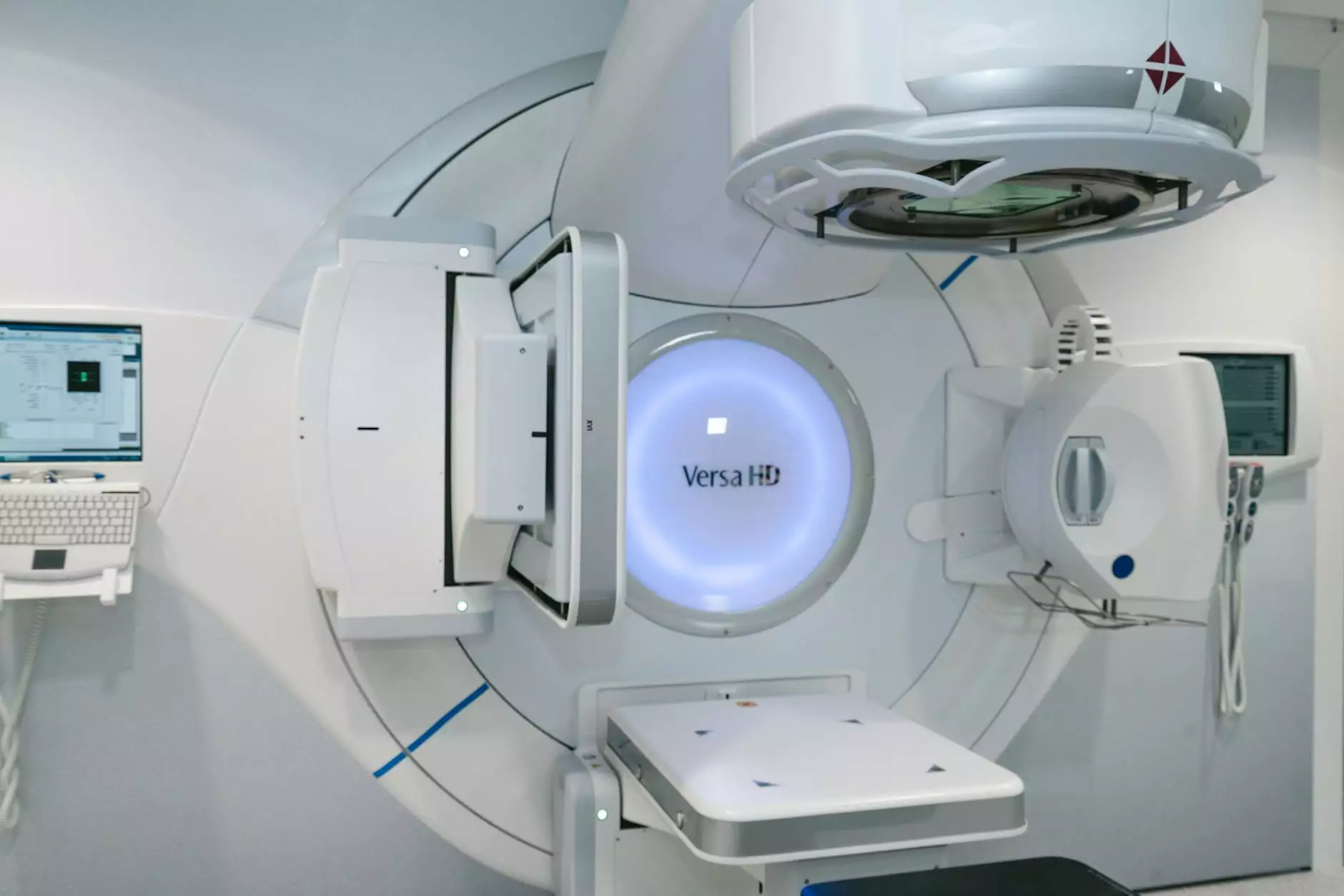Understanding Oncology Treatment Centers

Oncology treatment centers play a vital role in the fight against cancer, offering specialized care and services that cater to the specific needs of cancer patients. As the prevalence of cancer continues to rise globally, understanding what these centers provide and how they operate is essential for patients seeking effective treatment options.
The Core Mission of Oncology Treatment Centers
The primary mission of an oncology treatment center is to provide comprehensive care to individuals diagnosed with cancer. This includes:
- Early Detection: Utilizing advanced diagnostic tools to identify cancer at its earliest stages.
- Personalized Treatment Plans: Creating tailor-made treatment protocols that address the unique circumstances of each patient.
- Multidisciplinary Approach: Coordinating care across various medical specialties to ensure holistic treatment.
- Supportive Care: Providing emotional, psychological, and social support to patients and their families throughout the treatment process.
What Services Do Oncology Treatment Centers Offer?
Oncology treatment centers typically offer a wide range of services that include:
1. Diagnostic Services
Early and accurate diagnosis is crucial in cancer treatment. These centers utilize a variety of diagnostic tests and tools, such as:
- Biopsies
- MRI and CT scans
- Blood tests
- Genetic and molecular profiling
2. Surgical Oncology
Surgery often plays a central role in the treatment of cancer. Surgical oncologists specialize in removing tumors and surrounding tissues. The services may include:
- Minimally invasive surgery
- Robotic-assisted surgery
- Reconstructive surgery post-tumor removal
3. Medical Oncology
Medical oncologists focus on the treatment of cancer using medication. This may involve:
- Chemotherapy
- Targeted therapy
- Immunotherapy
- Hormonal therapy
4. Radiation Oncology
Radiation therapy is a critical component of cancer treatment, and radiation oncologists specialize in using high-energy rays to target cancer cells. Services might include:
- Stereotactic radiosurgery
- External beam radiation
- Brachytherapy
5. Palliative Care
Palliative care focuses on providing relief from the symptoms and stress of cancer and treatment. This aspect is crucial for improving the quality of life for patients and often involves:
- Pain management
- Symptom control
- Psychosocial support services
The Importance of Personalized Treatment Plans
Every cancer patient is unique, which necessitates the creation of personalized treatment plans tailored to their specific diagnosis, stage of cancer, and overall health. This may include the integration of:
- Genetic counseling to understand susceptibility and treatment options.
- Collaborative discussions with a multidisciplinary team, including oncologists, nurse practitioners, dietitians, and social workers.
Why Choose an Oncology Treatment Center?
When diagnosed with cancer, choosing an oncology treatment center can significantly affect treatment outcomes. Here are some compelling reasons:
1. Access to Advanced Technology
Oncology treatment centers often have access to the latest diagnostic and treatment technologies, ensuring that patients receive the most effective therapies available.
2. Specialized Expertise
Doctors and medical staff within these centers are highly specialized in cancer treatment, which enhances the level of care patients receive compared to general hospitals.
3. Comprehensive Support Services
From nutritional advice to support groups, oncology treatment centers tend to offer a holistic approach that addresses the needs of the whole person and their family.
4. Clinical Trials
Many oncology treatment centers are affiliated with research institutions and offer access to clinical trials, providing patients with options for cutting-edge therapies that may not be widely available.
Factors to Consider When Choosing an Oncology Treatment Center
Selecting the right oncology treatment center is a vital decision. Here are some factors to evaluate:
- Accreditation: Ensure the center is accredited by recognized organizations, indicating high standards of care.
- Reputation and Reviews: Research patient testimonials and seek referrals from healthcare professionals.
- Range of Services: Consider whether the center offers comprehensive services including diagnostics, treatment, and supportive care.
- Location: Factor in the center’s proximity and its accessibility, especially during treatment periods.
- Insurance Compatibility: Confirm that the center accepts your health insurance plan.
Patient Experience at an Oncology Treatment Center
The patient experience at an oncology treatment center can significantly impact treatment success and satisfaction. Here are some elements that enhance the patient experience:
1. Compassionate Care
Staff at oncology treatment centers are trained to provide compassionate and empathetic care, recognizing the emotional challenges associated with cancer treatment.
2. Informed Decision-Making
Patients are encouraged to be active participants in their treatment journey through shared decision-making processes.
3. Educational Resources
Many centers provide educational materials to help patients understand their diagnosis, treatment options, and self-care techniques.
4. Follow-Up Care
Effective follow-up is crucial for monitoring recovery, managing side effects, and addressing any ongoing concerns post-treatment.
Conclusion
In conclusion, oncology treatment centers are essential facilities that provide comprehensive care for cancer patients. They offer a breadth of services designed to treat cancer effectively and enhance the quality of life for patients and their families. By understanding the role and services of these centers, patients can make informed choices about their healthcare journey. The commitment to personalized care, cutting-edge technology, and specialized expertise makes oncology treatment centers a pivotal resource in the fight against cancer.








